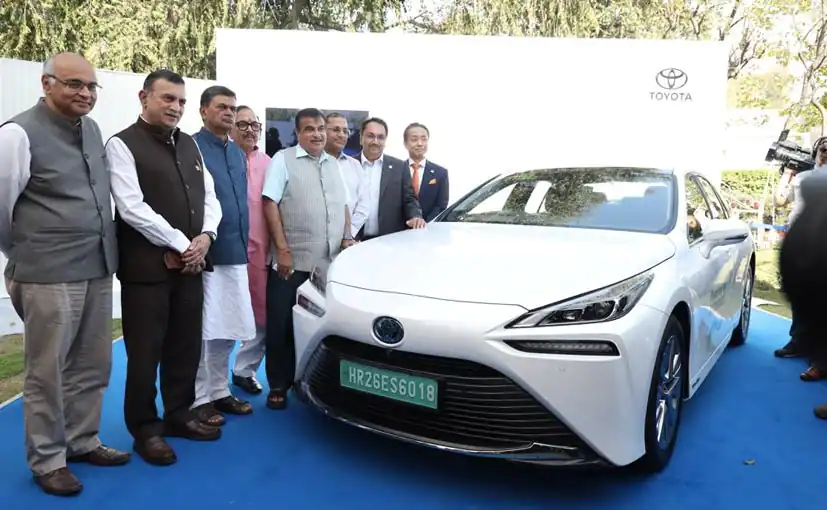On Wednesday, Nitin Gadkari, India’s Union Minister for Road Transport and Highways, launched a pilot project for sophisticated hydrogen-based fuel cell electric vehicles (FCEV). At the inaugural ceremony, Union Ministers Hardeep Puri and Raj K Singh were also present.
The project’s goal is to increase knowledge about hydrogen and FCEV technology, as well as disseminate its benefits, in order to help India transition to a hydrogen-based society.
According to the Ministry of Road Transport and Highways, green hydrogen-powered transportation will be an important technology option in the future, with widespread use, particularly in larger automobiles, buses, trucks, ships, and trains, and is best suited for medium to long distances. Green hydrogen has the potential to decarbonize a wide range of industries, including transportation, and is gaining tremendous traction around the world.


In order to achieve faster economic growth, India is committed to cleaner energy and a low-carbon road. The official statement states, “Hydrogen is a crucial component of the energy policy and would play a major part in low-carbon energy routes.”
On March 15, Nitin Gadkari was the special guest of honour at the inaugural WION Climate Summit. He mentioned the inauguration scheduled on Wednesday during his remarks at the summit (March 16)
Toyota Kirloskar Motor Pvt. Ltd., in collaboration with the International Center for Automotive Technology (ICAT), will conduct a pilot project in India to study and evaluate the world’s most advanced Fuel Cell Electric Vehicle (FCEV), the Toyota Mirai, which runs on hydrogen, on Indian roads and weather conditions.

